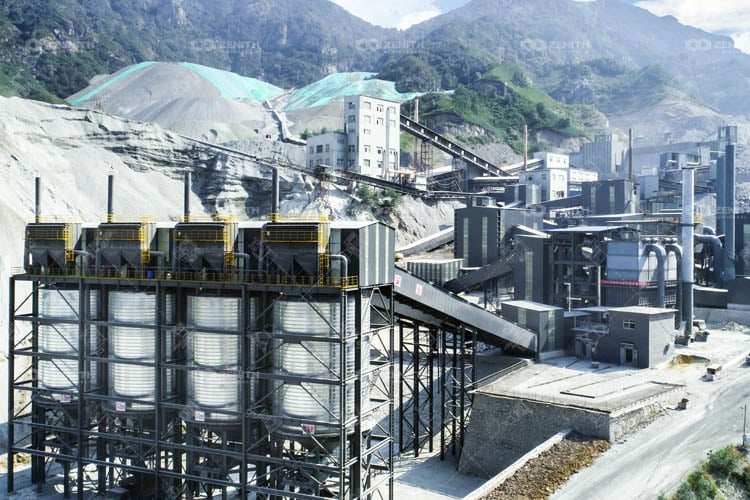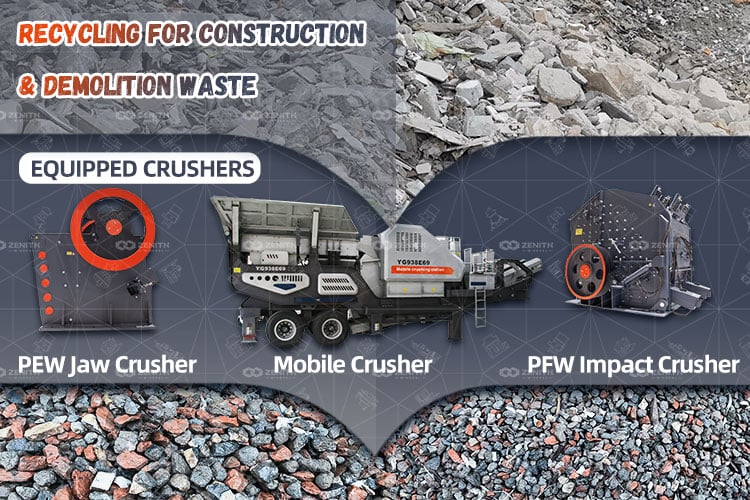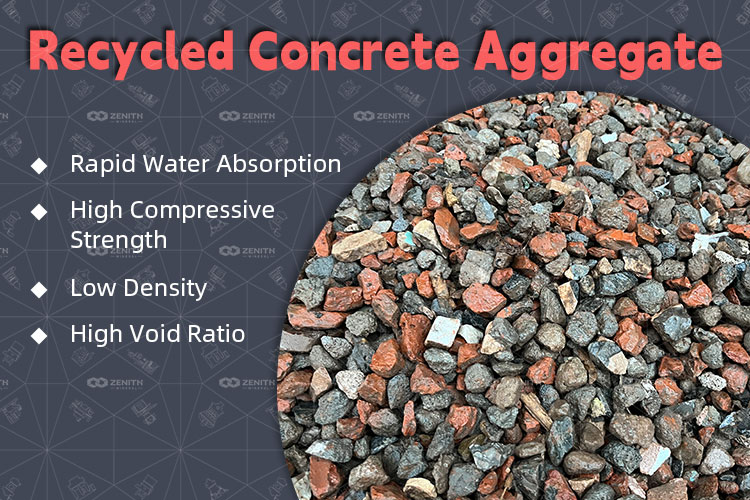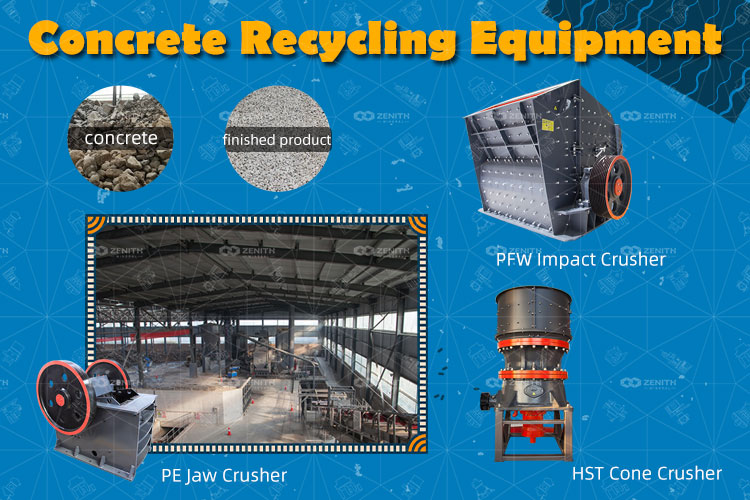The concrete industry is a vital sector within the construction and infrastructure markets. Concrete is the most widely used construction material globally, valued for its durability, versatility, and cost-effectiveness. Understanding industry dynamics, including trends, competitors, and customer needs, is crucial for a successful concrete plant business launch.

Before investing significant capital, conduct thorough market research to validate demand. Study regional development projections, construction pipelines, transportation networks and identify targeted customer markets like contractors, developers or public works projects.
Analyze competitors and identify differentiators for your offering. Consider portable or stationary plants, custom mix designs and delivery logistics. Estimate annual production capacities, material sourcing, operating costs and competitive pricing needed.
Develop financial projections factoring revenue potentials against capital expenditures, operating expenses, financing, insurance, wages and variable costs. Calculate break-even production volumes and profitability targets. Accounts should revisit projections regularly factoring changing industry dynamics.
Leverage certified ready mix producer association for specialized mix design engineering services calibrating mix parameters to achieve target strengths, workability, durability and finish appearance for structural, pavement and architectural applications.
Develop batched trial mixtures evaluated through standard ASTM compressive, flexural and bond strength specimen testing at 7 and 28 days curing. Adjust material ratios and admixtures as needed achieving performance criteria. Implement trial batch QA/QC protocols feeding design certification.
Establish reliable, long-term supply contracts for bulk cement, fly ash, aggregates and admixtures meeting ASTM specifications from pre-qualified vendors. Budget for stockpiling 3-6 months material inventory.
Develop robust quality control programs for incoming raw materials and outgoing concrete batches. Train personnel conducting regular testing, batch plant calibration, slump/air content monitoring and flexible mix designs. Strictly adhere to testing, documentation and certification standards.
Assemble a cohesive leadership team incorporating plant managers, estimators, sales representatives, dispatchers, technicians, driver-operators and laborers experienced in the construction supply chain.
Provide comprehensive new-hire orientations and ongoing skills development, safety training programs, standard operating procedures and performance metrics adhering to company best practices. Foster a motivated, client-focused culture improving retention.
Incorporate digital platforms streamlining day-to-day operations from ordering, dispatching, driver manifests and billing. Leverage technology for enhanced operating efficiencies, record-keeping and customer service levels.
Purchase reliable mixer trucks optimizing 8-10 cubic yard capacities, environmental compatibility and safety features. Standardize preventative maintenance schedules through certified mechanics.
Establish delivery routes strategically located to minimize route times, costs and customer disruptions. Develop just-in-time logistics leveraging dispatch software and driver-customer communication. Continuously monitor on-time performance, quality control and client satisfaction.
Launch targeted marketing campaigns highlighting plant capabilities, competitive advantages, quality certifications and long-term commitment to superior service. Build brand recognition across trade associations, events and industry publications.
Appoint knowledgeable sales representatives establishing strong relationships across priority market sectors. Provide timely quotes, value-added services like site-coordination and flexible payment terms. Monitor competitive pricing while maintaining margins.
Consider risk-mitigating measures like contractual clauses for poor weather disruptions or unforeseen material shortages. Develop volume and loyalty pricing incentives nurturing repeat customers over the seasonal construction cycle.
Manage cash flows through sound credit, billing and collections policies. Control costs by optimizing operations, strategically upgrading equipment and bulk buying discounts. Reinvest profits expanding capacity and diversifying product offerings in high-growth areas.
Secure competitive financing packages supporting long-term expansion plans. Comply meticulously with regulatory, employment, tax and safety standards avoiding punitive actions through proactive self-audits. Continuously modernize to maintain competitive edge over the long run.
Networking through industry associations and certifications proves invaluable staying abreast sector changes while promoting your organization as a solutions leader. With resilient business management and unparalleled services, opportunities arise fueling sustainable growth for years ahead.
By understanding the industry, conducting thorough market research, and implementing effective operational strategies, you can build a successful concrete plant that meets the needs of your customers while contributing to the construction and infrastructure sectors.

Crushing and screening equipment is the key to the recycling of construction waste. For construction waste treatment, ZENITH recommends mobile crusher.

the aggregate formed by waste concrete through multiple screening, crushing, cleaning processes combination and classification, and mixed in a certain proportion is called recycled concrete aggregate, recycled aggregate for short.

Concrete crushers are machines that are designed to reduce the size of concrete structures and buildings. There are 7 types of concrete crushers that are used for different purposes.
Fill your requirements here, and we'll send the custmized solution and quotation to you by the reserved contact information.